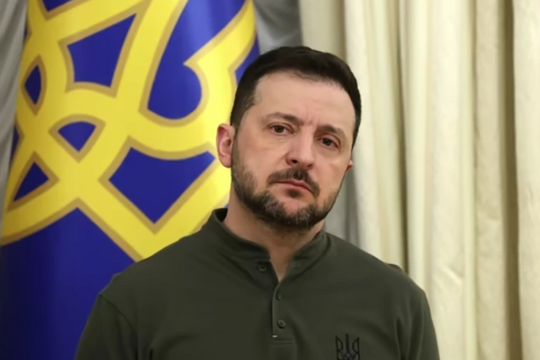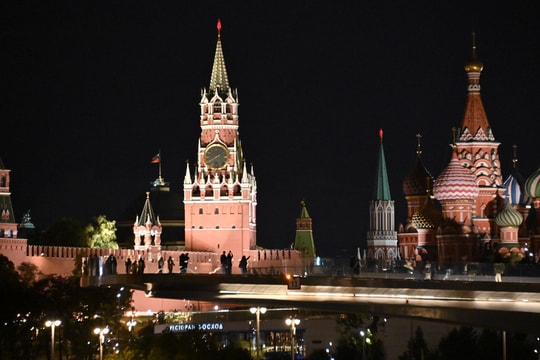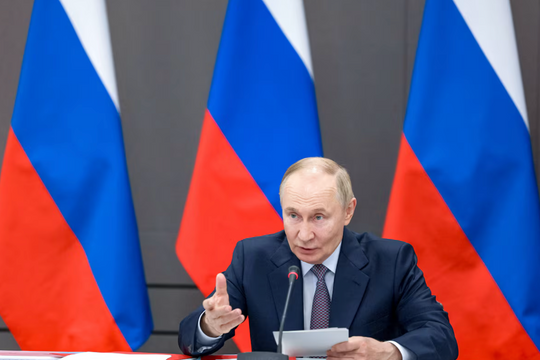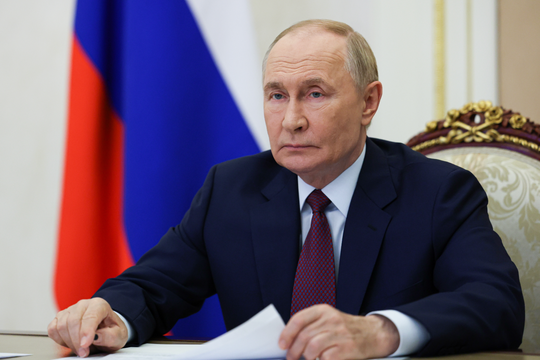EU divided over plans to embargo oil and gas from Russia
Demands from Poland and the Baltic states that the European Union should immediately embargo oil and gas from Russia or end normal trade relations with Russia have not received support from many countries.
European Union (EU) Foreign and Defense Ministers meeting on March 21 openly expressed disagreements regarding the plan to embargo oil and gas from Russia, when some Eastern European and Baltic members requested to carry out this measure immediately but some countries such as Germany, the Netherlands, and Italy firmly opposed.
Expanding sanctions against Russia was one of the main issues discussed by EU Foreign and Defense Ministers at meetings in Brussels on March 21. However, requests from countries such as Poland or the Baltic states that the European Union should immediately embargo oil and gas from Russia or end normal trade relations with Russia did not receive support from many countries.
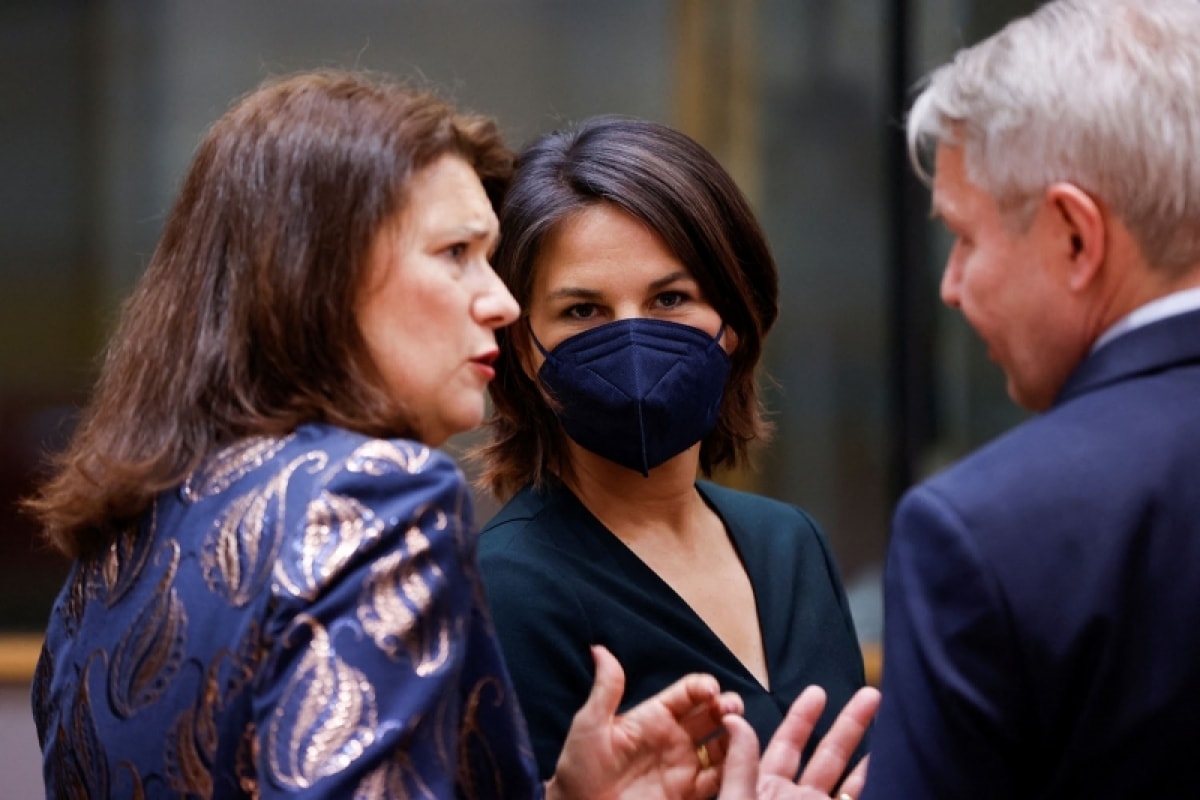 |
| EU Foreign Ministers meet on March 21 in Brussels. UK: Reuters |
Speaking in Brussels, German Foreign Minister Annalena Baerbock said that dependence on energy from Russia is a reality in many European countries and this dependence will not be able to end immediately in a short time. Overall, 27% of oil and 40% of gas consumed in Europe are imported from Russia, in which the number 1 economic power in Europe, Germany, imports 55% of natural gas, 52% of coal and 34% of oil from Russia.
Faced with deep divisions among member states over the plan, EU High Representative for Foreign Affairs and Security Policy Josep Borrell said the topic would be discussed by European leaders later, possibly this week at the EU Summit and NATO Summit, with the participation of US President Joe Biden.
In recent days, the US government has also pressured European countries to follow the US and UK in embargoes on oil and gas from Russia. However, observers say that it will be difficult for Europe to immediately act like the US because Russia's oil supply only accounts for about 8% of the US's total oil imports.
In addition to discussing the possibility of embargoing Russian energy, EU Ministers also met and agreed to approve the plan to deploy a 5,000-strong EU rapid reaction force by 2025. Germany has proposed to provide the main human resources for this force. This is part of the "Strategic Compass" strategy that the EU announced at the end of 2021 but was accelerated after the war in Ukraine.
Another topic that has attracted attention is the response to the refugee crisis from Ukraine. According to figures, after nearly a month of conflict in Ukraine, about 3.4 million people have left Ukraine to seek refuge in EU countries, causing the bloc to face the fastest and largest wave of refugees since World War II.
Ms. Annalena Baerbock, Foreign Minister of Germany, one of the countries receiving the most Ukrainian refugees at present, said that Europe needs help from partners around the world to be able to respond to this crisis.
“Millions of people are fleeing. Europe has already received more than 3 million refugees from Ukraine and we estimate that the number could reach 8 million in the coming weeks. We can only provide assistance to refugees if we work together with our partners in Europe and around the world and now we must create the logistical conditions for the distribution of refugees within Europe and across the Atlantic,” said Annalena Baerbock./.

